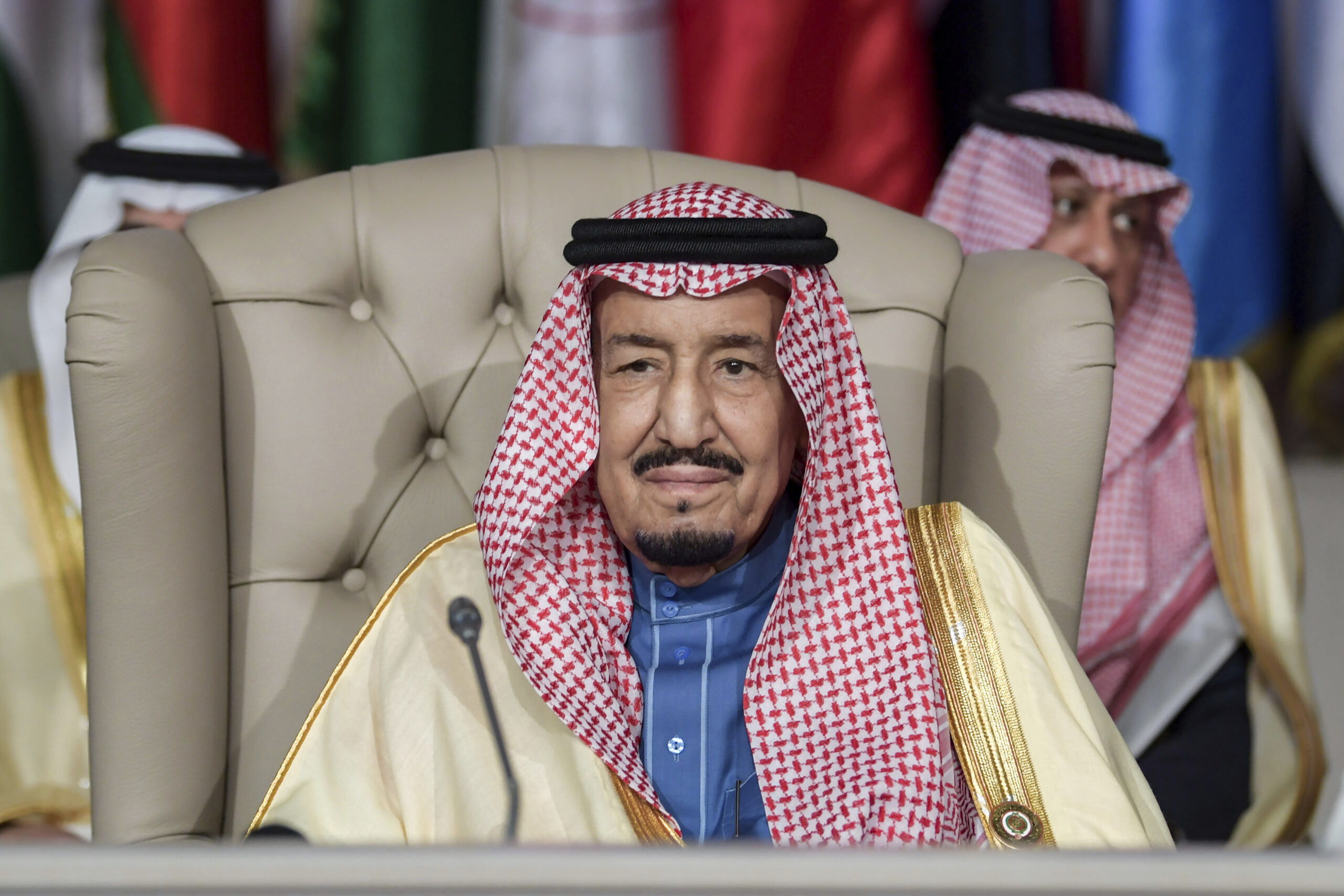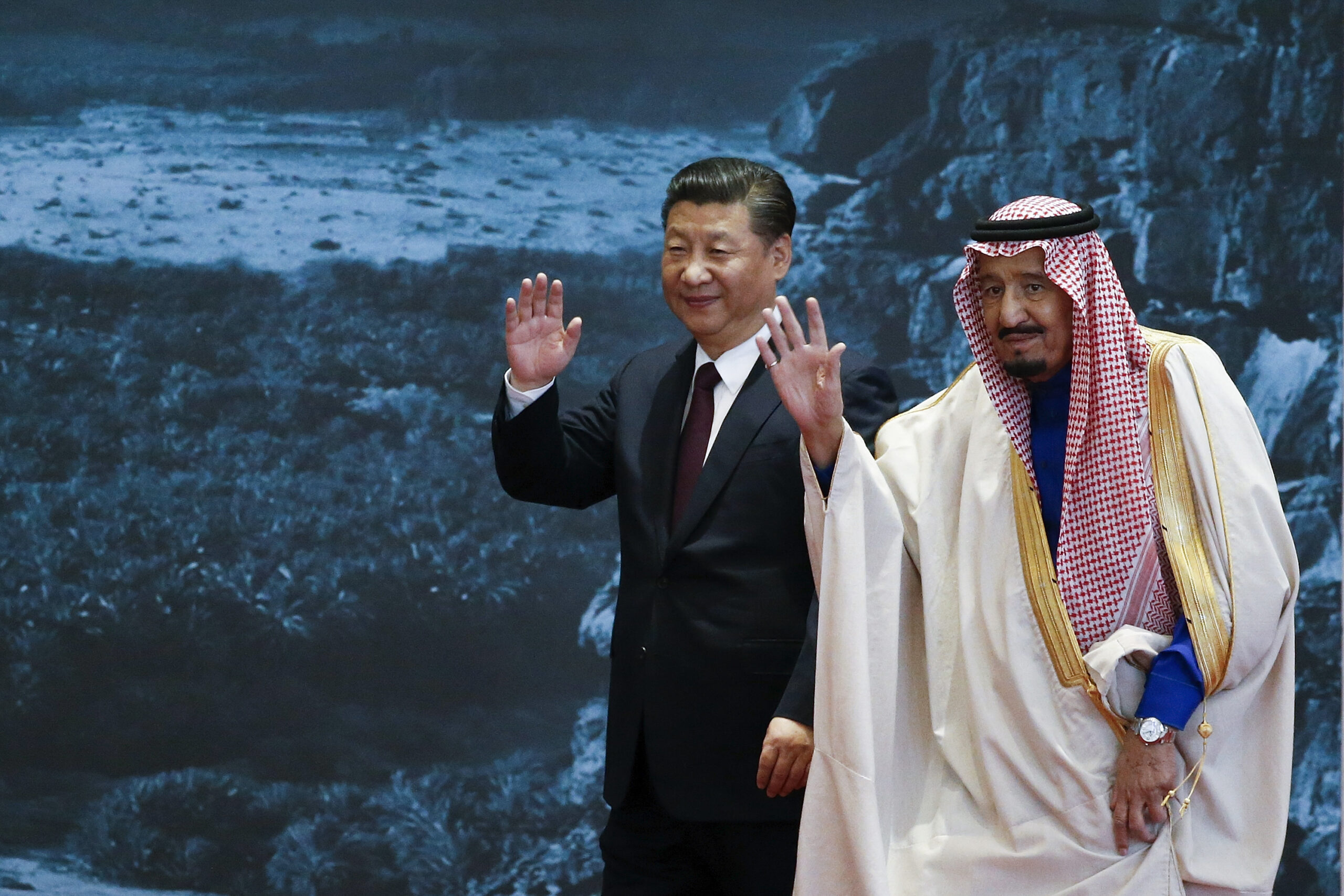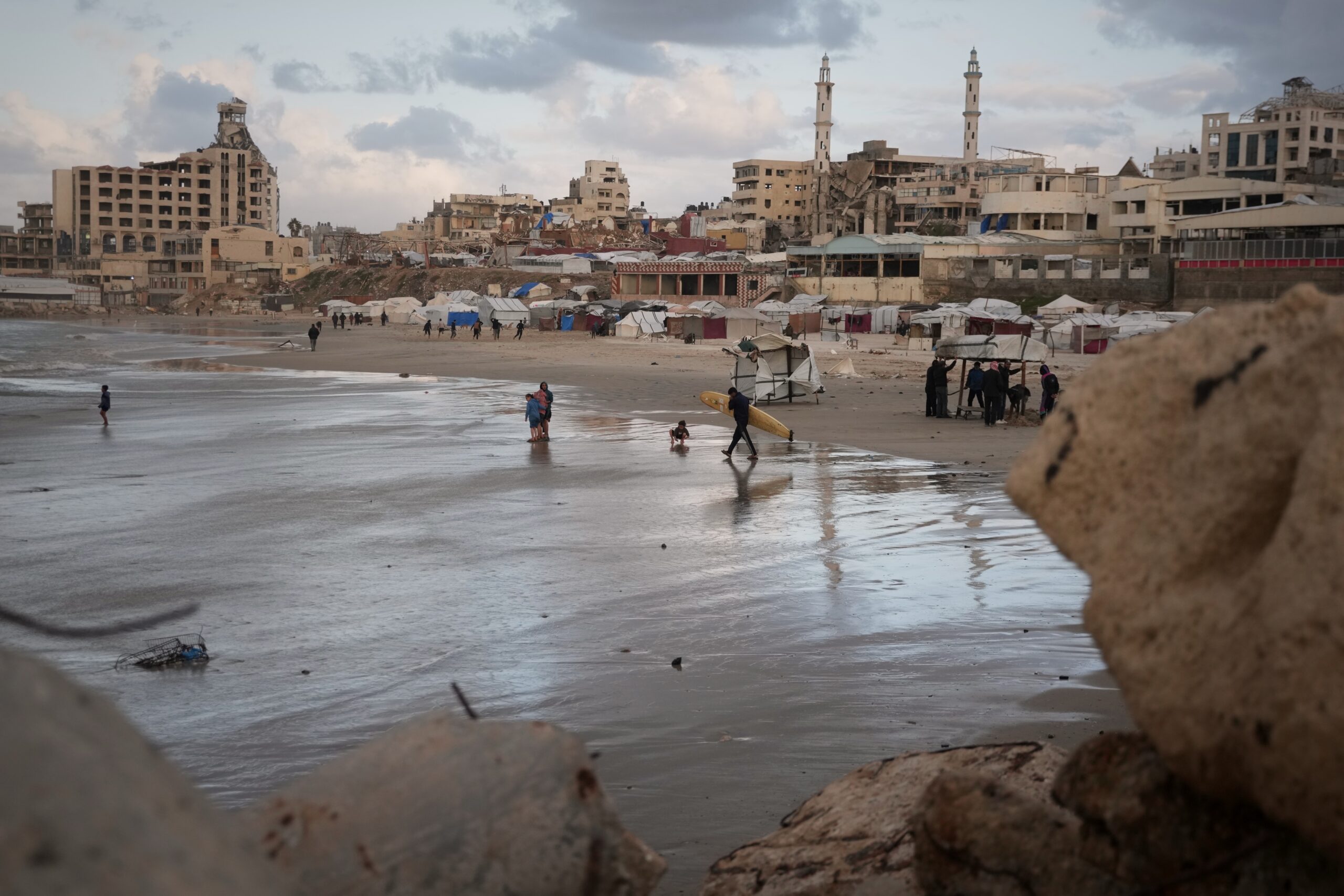Like millions of other Americans, I watched Tuesday night’s election results first with cautious optimism, then creeping foreboding, followed by mounting alarm giving way, ultimately, to utter horror. A uniquely unqualified, unfit, and potentially dangerous man has been swept to power by outraged rural and exurban voters drawn to his populist demagoguery. The disdain with which virtually the entire urban and educated population, left and right, view Donald Trump is evident from the fact that hardly any newspapers, not even the most committed and doctrinaire Republican ones, around the country endorsed him. So the sense of dismay and profound concern ran deep throughout American society that night.
Unlike most other Americans, however, I drew on a set of personal and social experiences that contextualized it all very differently. Half of my family is deeply rooted American, drawn from some of the founders of Brooklyn. Indeed, the 17th-century house of my direct ancestor, Jan Martense Schenck, is a permanent installation in the Brooklyn Museum. The other side of my family is Middle Eastern. Though born in Beirut, Lebanon, I’m not an immigrant. I have a State Department birth certificate for an American citizen born overseas. But I acquired Lebanese and Syrian citizenship at birth as well.
This Levantine heritage and the personal and collective experiences it represents have given me a different perspective on this truly regrettable election outcome. Tuesday may have felt like a disaster to many Americans, and in some senses, no doubt it was. But when I was 12, in 1975, my hometown of Beirut erupted in the brutal violence of a civil war that dragged on until 1990. Many of the places and people I knew were destroyed, and I had personal brushes with danger and destruction. The apartment building in which I grew up no longer exists, and I retain virtually no artifacts from my life before adulthood.
Since the early 1980s, I have lived in the United States. But without the war, it’s extremely unlikely that I would be here today. I was very attached to the society and the city in which I was raised, left it reluctantly, and abandoned dreams of returning only after many years. But the fact is that we Lebanese—with the generous help of our neighbors to the north and south, and other regional and international malefactors—blew up our own society and burned our city down. A simulacrum of Beirut still exists in the same place, but it’s not what it once was.
Many people worry about the coarsening effect of the recent campaign and the impact of a Trump administration on American culture, and with good reason. However, the culture in which I was raised—an Arab and Muslim-majority one that was open, generous, cosmopolitan, and fundamentally progressive—is also long gone. A series of calamitous events in 1979, including the Iranian revolution, the war against the Soviet Union in Afghanistan, the takeover of the grand Mosque in Mecca, and a number of other developments, unleashed a wave of politicized religiosity and sectarian intolerance that have completely transformed the culture of the Arab world.
On election night, the American in me wanted to curl into a fetal position. But the Middle Easterner in me shrugged.
There is, of course, a disturbing extremism in parts of the Trump “movement,” particularly the so-called alt-right, with its resurrection and repackaging of white supremacy, ethnic nationalism, racism, and anti-Semitism. It is indeed disturbing, but it still largely restricted to Pepe the Frog memes and similar hate speech on social media and beyond. The wave of extremism in the contemporary Middle East, though, has involved torrents of unthinkable violence, usually in the name of religion. Beginning with Hezbollah in Lebanon, continuing to al-Qaida, and most recently Islamic State in Syria and Iraq, sectarian terrorist groups have unleashed a tidal wave of mayhem and killing. The contents of Breitbart and 4chan are indeed repulsive, particularly when they are associated with a president-elect. But it’s really child’s play compared with contemporary Middle Eastern extremism.
The Trump election is truly regrettable and could have some very negative consequences, possibly fairly quickly. But it could also be just a moment of collective weirdness on the part of many Americans that doesn’t actually end up changing that much about life in this country for most people. The Middle East has seen a collective auto-da-fé, the self-immolation of society after society, with no end in sight.
Even though the Lebanese civil war played itself out in 1990, the region only intensified its freefall into mayhem. Lebanon was the canary in the coal mine, with larger and more influential Arab states falling victim to the virus of disintegration and national cataclysm. Following the 2003 American invasion, Iraq fragmented into several pieces and is mired in endless internal conflicts. Syria has caught fire and shattered, creating one of the worst refugee and humanitarian crises since World War II. Libya is burning. Egypt has turned inward in a paroxysm of paranoia and chauvinism. Even the Palestinian cause is now relegated to an afterthought, with its leadership characterized by world-class incompetence and corruption.
So, on election night, the American in me, like so many of my compatriots, wanted to curl into a fetal position and moan. But the Middle Easterner in me shrugged and said, “Meh, I’ve seen worse. Much, much, much worse.” Yes, Americans elected a ridiculous person with dangerous authoritarian tendencies and the attention span of a scallop. But they did it in an orderly, free and fair, and democratic manner, without violence or intimidation, cheating or fraud, or any other distortions. We made our mistake openly and honestly, and in the best democratic traditions.
And now the transition of power to this ridiculous person is proceeding with propriety, dignity, and as much graciousness as all the reasonable Americans can manage in the face of such a preposterous election result. In the greater scheme of things, it’s actually something to be proud of. And from a Middle Eastern perspective, at least an honest one, American politics and culture—yes, even in the era of President-elect Trump—still looks really great.
This article was originally published by Slate.
The views represented herein are the author's or speaker's own and do not necessarily reflect the views of AGSI, its staff, or its board of directors.





























Nov 14, 2016
What Trump’s Win Looks Like to Someone Born in the Middle East
Like millions of other Americans, I watched Tuesday night’s election results first with cautious optimism, then creeping foreboding, followed by mounting alarm giving way, ultimately, to utter horror. A uniquely unqualified, unfit, and potentially dangerous man has been swept to power by outraged rural and exurban voters drawn to his populist demagoguery. The disdain with...
6 min read